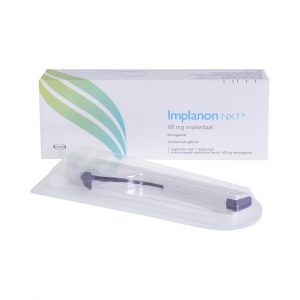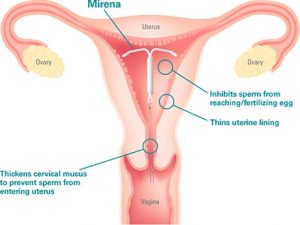Minor Clinical Procedures
Medical Procedures
When you consider a minor medical procedure, these typically require both medical skills and surgical skills. These sorts of procedures, whether invasive or non-invasive, can be carried out by an experienced GP. Depending on the procedure required, this may be accompanied by an anesthetist who would carry out a general anesthetic.
Bayside Family Medical are specialized in the following Contraception and Infusion procedures:
Three regularly utilized procedures at Bayside Family Medical include:

Implanon
Implanon is a contraceptive implant that’s about the size of a matchstick. It releases a hormone called Etonogestrel, which is similar to a hormone your body naturally produces. This hormone can prevent ovulation, thin the lining of your uterus, and thicken mucus to stop sperm from fertilizing an egg. Implanon is effective for up to three years.
Before the procedure, you’ll need a consultation to determine if Implanon is right for you. You’ll fill a prescription at your pharmacy and bring the implant to your appointment. A trained doctor will numb your arm and insert the implant under your skin. Avoid lifting with that arm for 24 hours after the procedure. It can be removed anytime.
Mirena
Mirena is a small, T-shaped device that’s inserted into your uterus by a trained doctor. It releases a hormone called Levonorgestrel, which is similar to a hormone your body naturally produces. This hormone thins the lining of your uterus and thickens mucus, making it harder for sperm to fertilize an egg. Contraception is effective eight years.
The insertion process is similar to having a Cervical Screening Test. You may experience mild discomfort and spotting afterward, but you can usually return to work the next day. Your GP can remove Mirena at any time.
To arrange a Mirena (or changeover), please book a pre-procedural consultation with Dr Murthy or Dr Dean to determine your suitability and to discuss the procedure itself. The procedure can then be booked with our reception team and ensure important details are provided before the appointment.
For more information, please visit the official family planning website (Long Acting Reversible Contraception (LARC) | Family Planning NSW (fpnsw.org.au))

Patients will be taken to our specialized Treatment Room, where the GP will first discuss the process. When ready, the GP will administer the infusion via an intravenous cannula (IV), into the vein at the crease of the elbow. The infusion lasts for 15-30 minutes, however, you will be required to remain in the Treatment Room for 1 hour so that the nurse can monitor your blood pressure, pulse, and temperature.
Prior to any procedure, you will need to meet with your GP to discuss whether an iron infusion is right for you. Your GP will discuss the process along with possible side effects so that you can make an informed decision. If you elect to proceed, please take your GP prescription to your pharmacy to get the medicine and bring it with you to your booked infusion appointment.





